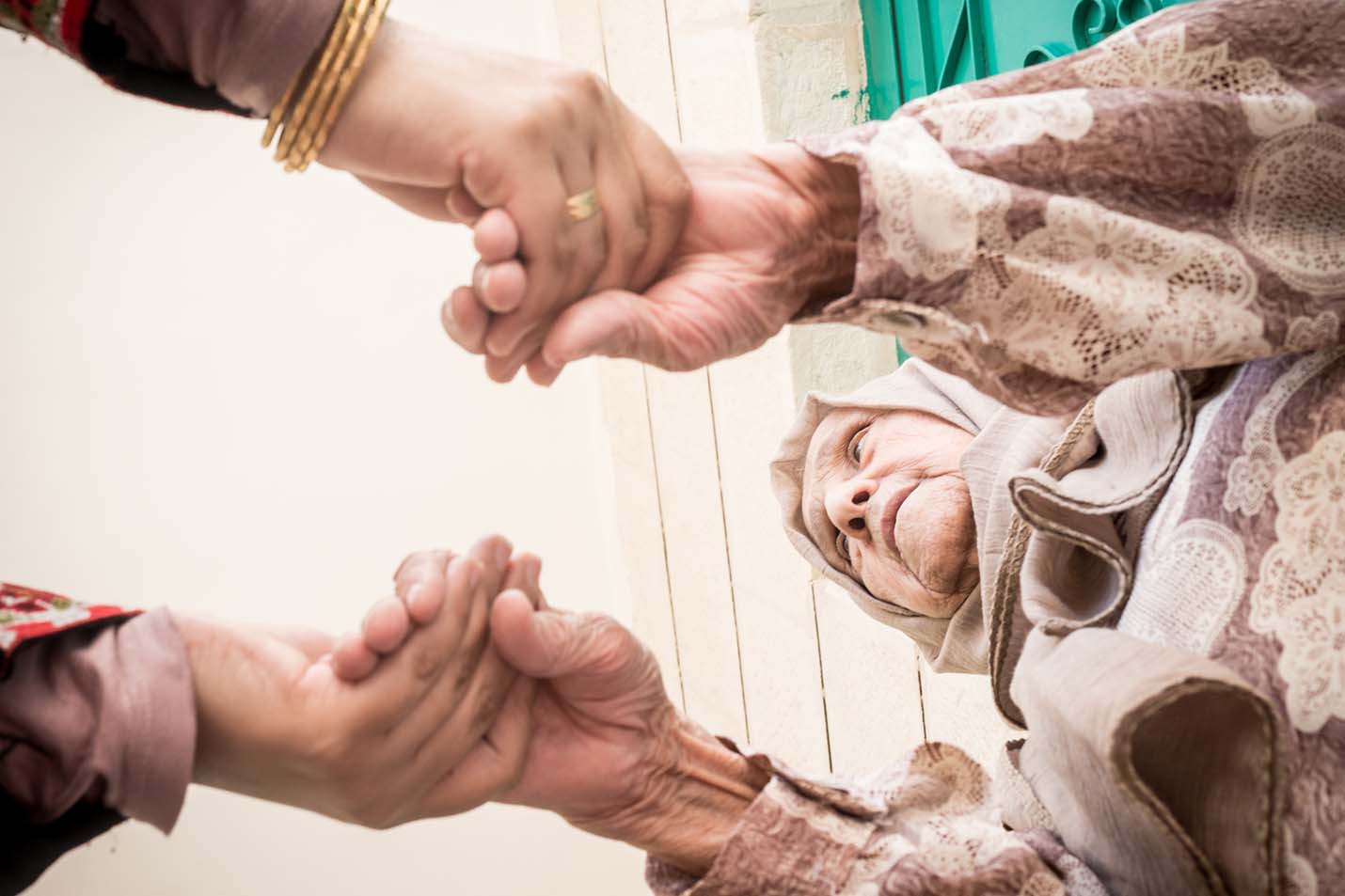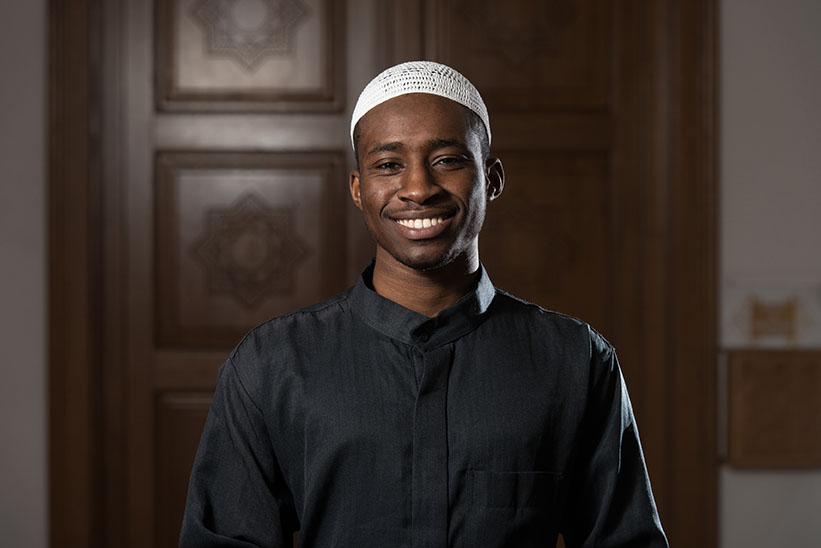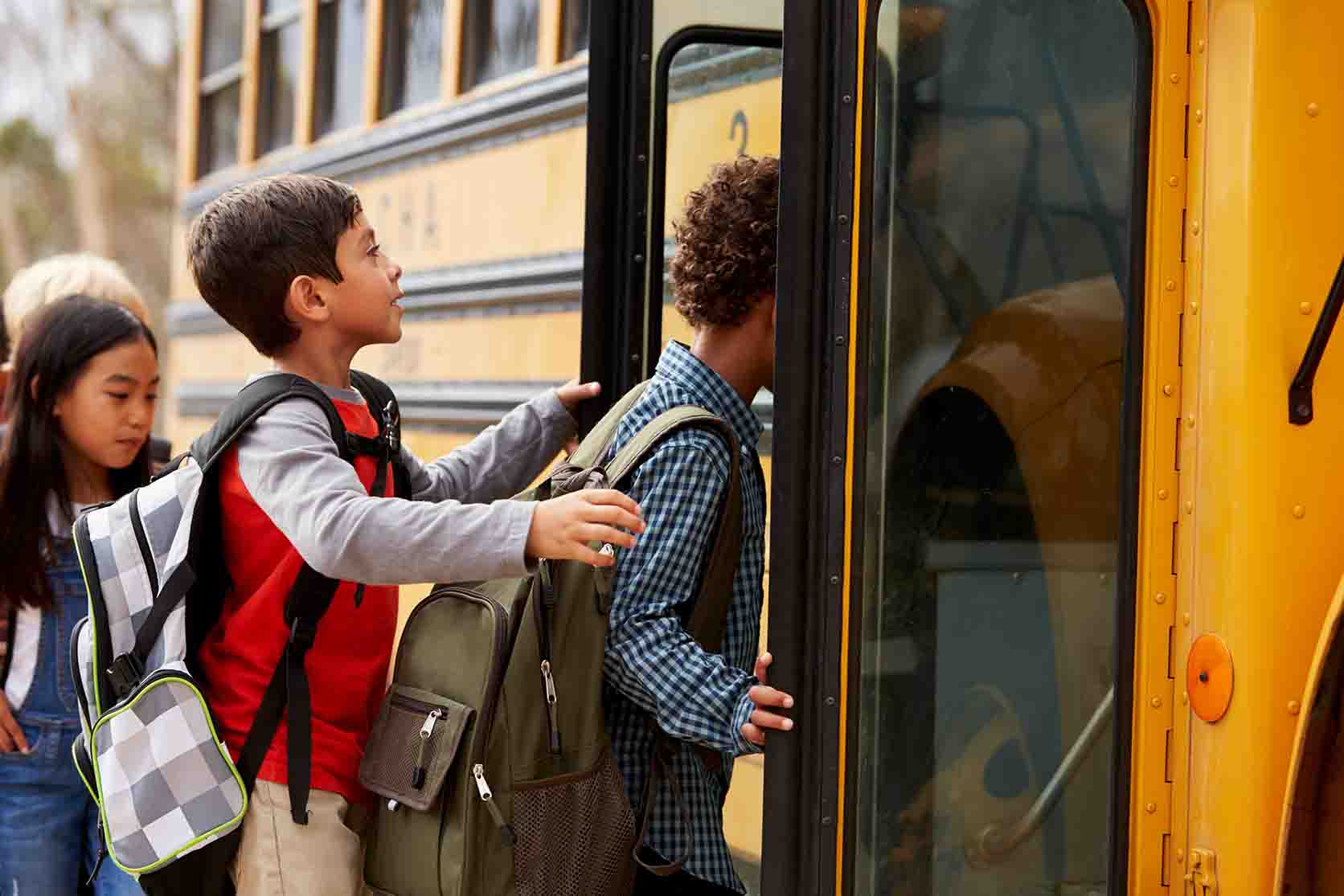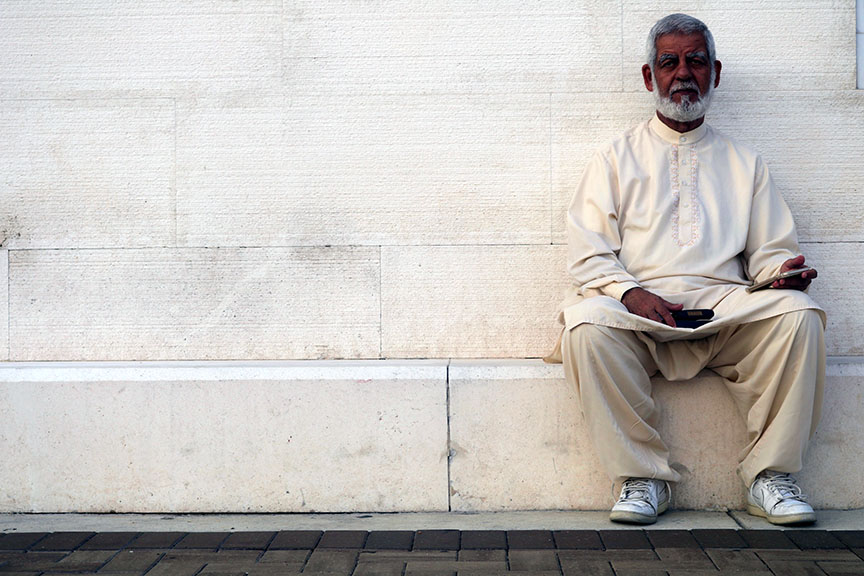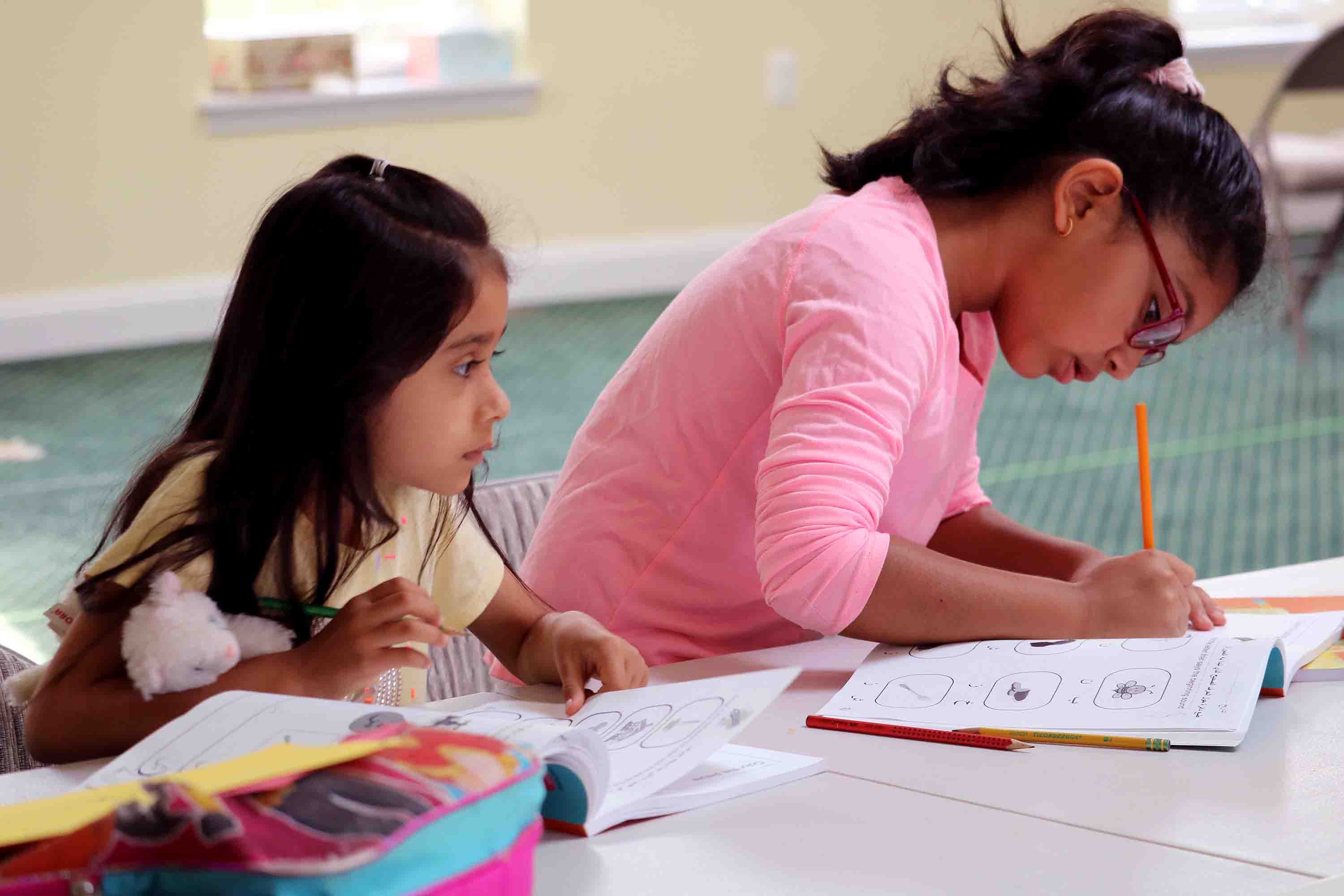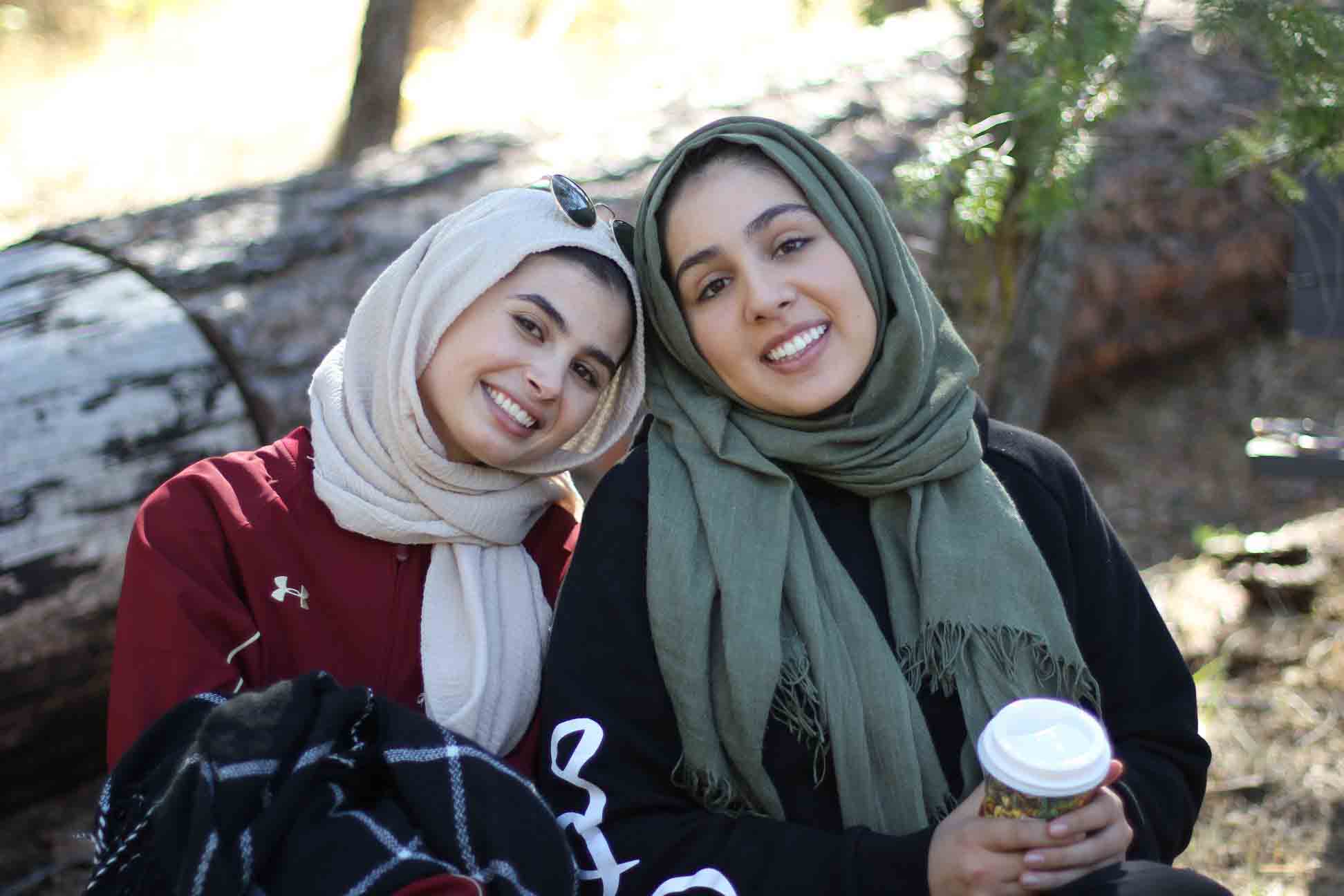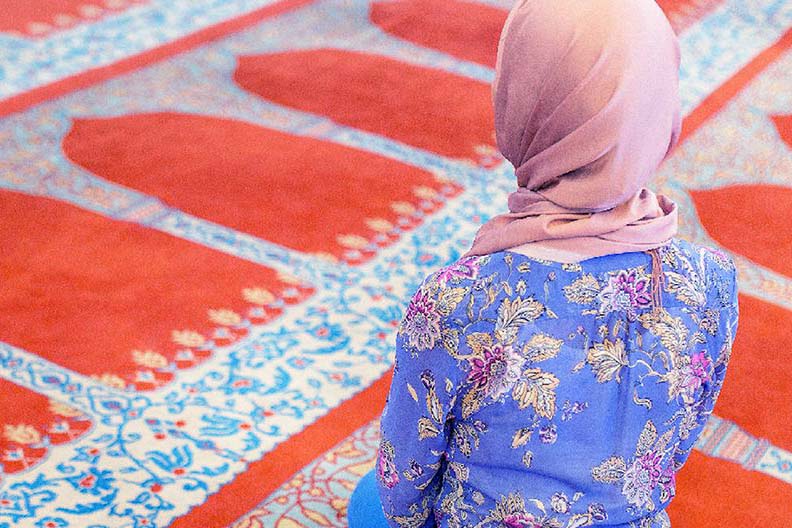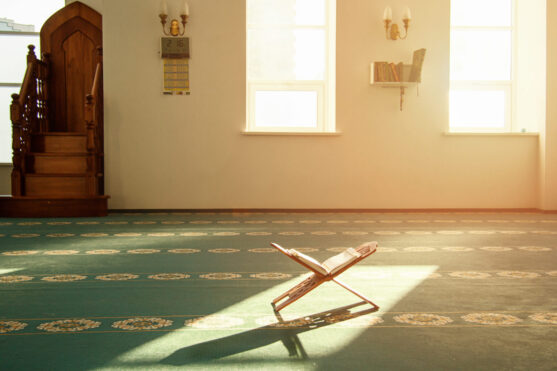ISPU conducts original, applied research on challenges identified by the community, with a focus on American Muslim family, wellness, community leadership, and institution building.
Toni Morrison once reflected that “the function, the very serious function of racism is distraction. It keeps you from doing your work. It keeps you explaining over and over again, your reason for being.” As Muslim communities are increasingly affected by bigotry, resources are diverted toward combatting anti-Muslim rhetoric and racism and fighting for civil liberties.
In the meantime, other day-to-day pressures continue to affect American Muslims’ ability to thrive. ISPU research examines these challenges, providing case studies, data, and actionable recommendations to catalyze community development and build capacity. By working closely with community stakeholders, ISPU ensures its research addresses the most relevant issues in the areas of family and wellness and community capacity building.
Family + Wellness
Through focus group discussions with older adults (60+), one-on-one interviews with community leaders in the metro-Detroit area, and a web-based survey, this study seeks to provide critical preliminary information concerning aging families.
This series of reports looks at the unique challenges that today’s young American Muslims face, including religious literacy, online safety, drug use, and issues surrounding both convert care and race.
Drawing on interviews with imams, counselors, divorcees, and married individuals, this study provides an understanding of the ways in which American Muslims perceive and utilize marriage education and marital interventions.
Both day-to-day challenges and bigotry can have a detrimental effect on the mental health of American Muslims. This collection of mental health resources can be used by individuals and mental health professionals to more effectively address the unique challenges that Muslims face.
This report, based on discussion at a 2017 summit organized by the American Muslim Health Professionals, includes recommendations for parents, teachers, administrators, and others to reduce and address instances of faith-based bullying.
This study surveyed nearly 700 American Muslim HCWs about one year into the pandemic. Results include the impact of the COVID-19 pandemic and religious and racial discrimination on mental health, as well as an investigation into “healthy” and “unhealthy” coping strategies.
The purpose of this community-engaged research study is to empower Muslims in Southeast Michigan with the knowledge and tools to advocate for accessible, equitable, unbiased and quality health care in their communities.
Community Capacity Building
Through a series of case studies and briefs, this study aims to support mosques to meet the diverse needs of their congregants, creating Muslim spaces that are welcoming, well governed, and hubs for hope.
This report—based on a one-day convening hosted in partnership with the John Templeton Foundation (JTF) to identify needs, opportunities, and challenges for weekend Islamic schools—includes recommendations for teachers, administrators, and parents.
This report is a guide for U.S. elected officials, municipal attorneys, planners, and appointed review board members as they steward development applications for mosques and attempt to manage and reduce conflict around those proposals.
ISPU and MSA West partnered to administer a survey during the annual 2019 MSA West Conference. The results of this convenience sample of MSA West students provide a snapshot of their strengths and struggles, and the report offers data-driven recommendations for funders, university administrations, and campus MSAs.
Given the centrality of giving among Muslim communities and the important role religious giving plays in philanthropy more broadly, this report uses data from American Muslim Poll 2018 to reveal how and why American Muslims give.
ISPU partnered with the Yaqeen Institute to integrate ISPU research into a series of khutbahs developed by Yaqeen, allowing communities around the country to receive evidence-based and inspiring Friday sermons.
The purpose of the US Mosque Survey is to conduct a scientific study that will generate accurate information about most aspects of the American mosque. The goal is to provide a detailed portrait of the American mosque to dispel misconceptions and to help mosque leaders and participants better understand their mosque, hopefully leading to improvements.


